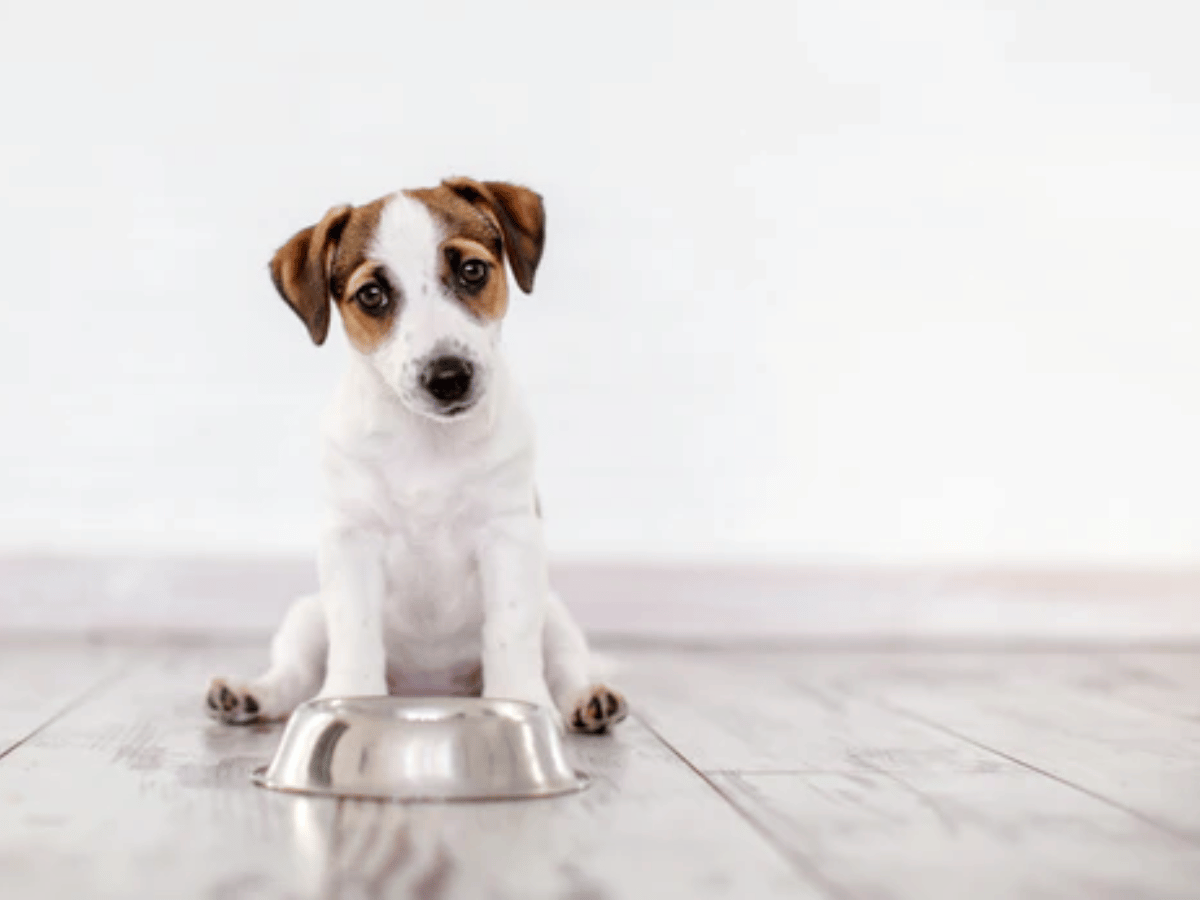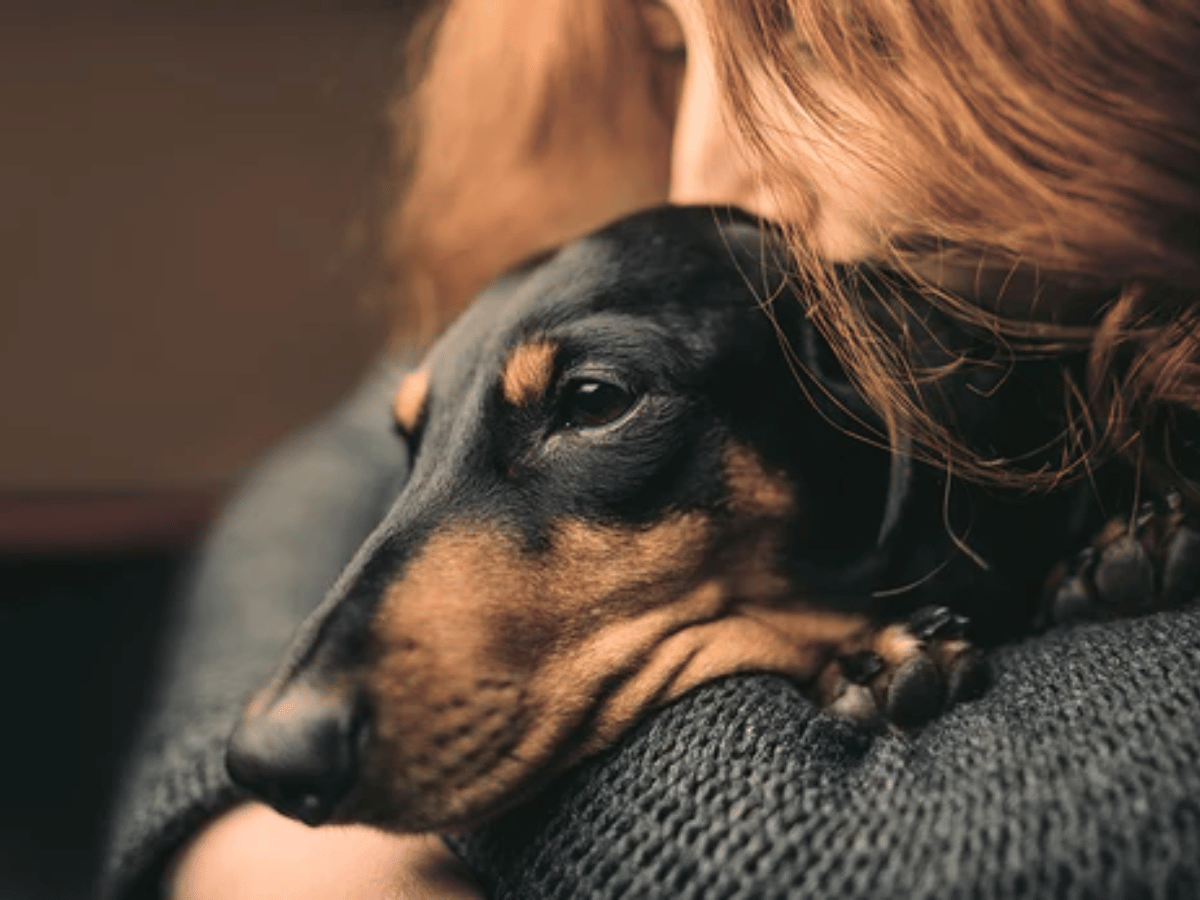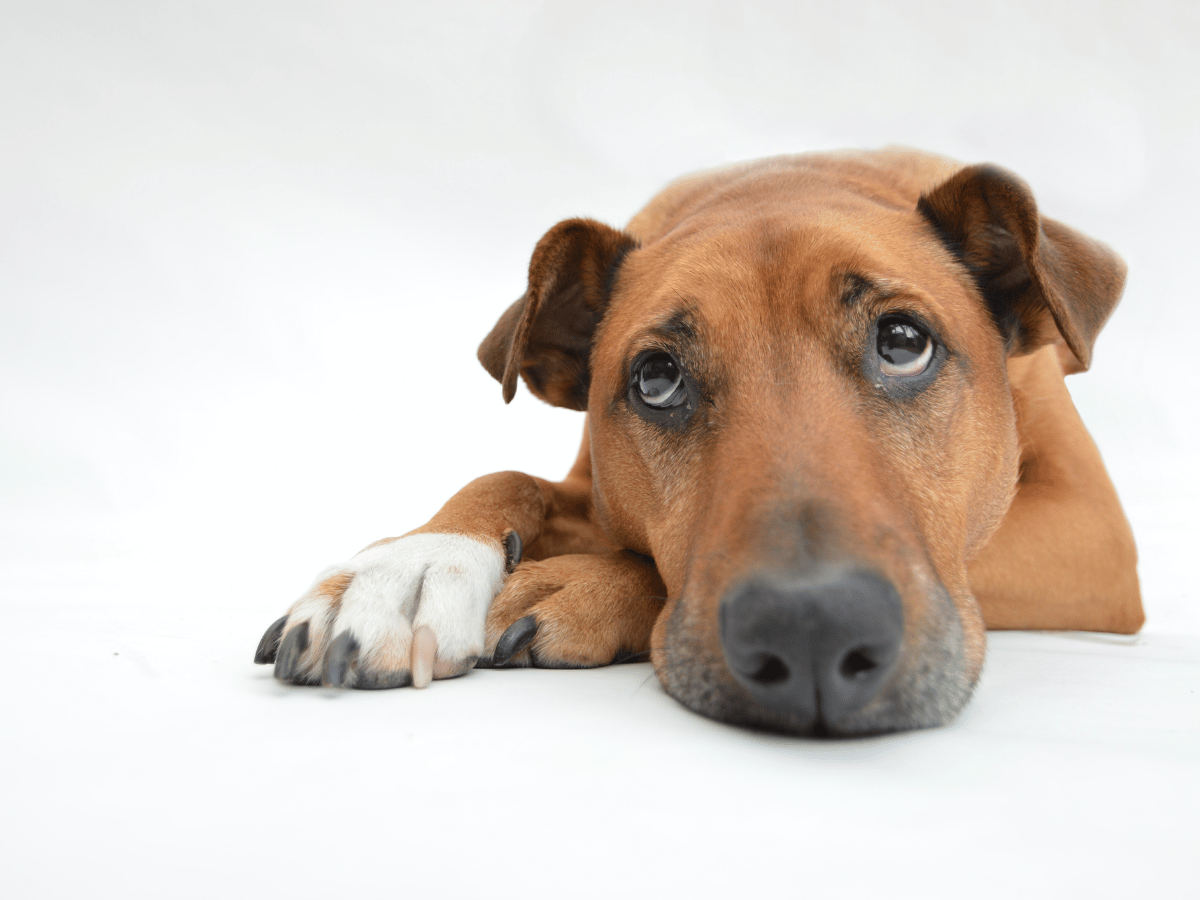
What should I do if my dog is constipated? 2025
Having a dog, as you probably know, involves great responsibilities.
As a loyal companion, you must ensure the well-being of your animal, without forgetting the well-being of its rear end!
You're familiar with your dog's bowel habits, so you're the best person to monitor your dog's colon health, noting how often they urinate, among other things.
I know, talking about butts isn't always fun. I'll still explain what to do if your dog seems constipated.
Despite popular belief, constipation can become a serious problem if it persists. During my career, I once helped a kitten in very poor health, suffering from severe constipation. Sadly, he passed away after his condition worsened.
Read this to learn how to recognize the signs and causes. What can I give a constipated dog, you ask? Avoid stinky complications by using simple natural treatments to treat and relieve your dog's constipation.
Why is your dog constipated?

There are several causes of constipation in dogs. It can be caused by an improper diet, another health condition, or external factors. Read on to learn the details.
Constipation caused by an inadequate diet
Reduced water consumption
If your dog drinks less water, the stools he forms will be drier and harder and will be more likely to get stuck in the process.
Change in diet
An imbalance can affect the health of the digestive tract. In fact, recent dietary changes can cause constipation in dogs.
For example, if you feed your dog a lot of table food, it could upset their digestive system. Also, if your dog consumes too much or too little fiber, they could develop constipation.
Ingestion of indigestible material
Your dog can become constipated if he chews on everything! Hair, bones, and grass can all clog your dog's intestines.
Consult a veterinarian if you believe your dog may have ingested a foreign object.
Constipation caused by another health condition
The important thing to remember is that these conditions cause your dog to hold it in. If he's anxious about going outside, has pain in his anal glands, or has back pain, he'll hold it in, which will cause constipation.
This is why constipation should not be taken lightly, because often it does not come alone.
Constipation caused by external factors
Along the same lines, if your dog has to hold it in for long days when you're away, he's more at risk of developing constipation.
Constipation in puppies
Puppies are generally more prone to constipation than adult dogs. This is mainly due to the fact that their digestive systems are still developing and are not as efficient at processing food and waste.
Additionally, puppies are more likely to ingest inappropriate objects such as pieces of toys or other indigestible materials that can lead to constipation.
Dietary changes, such as transitioning from breast milk to solid food, can also upset a puppy's stomach and cause constipation.
Stress is another factor that can cause a puppy to become constipated. Changes in environment, such as moving to a new home, can make a puppy anxious, which can negatively affect their bowel movements.
How do I know if my dog is constipated?

The frequency of his stools, their consistency and his behavior during evacuation will give you good clues as to whether your dog is, in fact, constipated.
Read the next section to learn all the signs of constipation in dogs.
Symptoms of Constipation in Dogs
Absence of bowel movements or a small amount of dry, hard stools are good signs that your dog is suffering from constipation. Here is a detailed list of symptoms of constipation in dogs:
- Absence of stool
- Small amount of dry, hard stools
- Difficulty passing stools, seems to strain
- Your dog is crying while trying to defecate
- Your dog constantly repositions itself when it relieves itself
- He sleds, drags his hindquarters along the ground
- He licks his rear end
You may notice your dog passing a small amount of loose stools when constipated, which is often mistaken for diarrhea.
In cases of severe constipation, your dog's overall condition may be affected. If your dog is constipated for a few days, a significant buildup of stool may form in his intestines, creating significant discomfort that will need to be treated quickly.
If your dog shows the following signs, it is even more important to consult a veterinarian:
- Lethargy
- Loss of appetite
- Vomiting
How long can your dog go without having a bowel movement?

Your dog may go one or two days without a bowel movement before it is considered severe constipation.
Normally, due to its anatomy, a dog should have the reflex to go to the toilet after its meals.
Your dog's bowel movements vary depending on his diet, water intake, and fiber intake.
If all goes well, your dog should have between one and three bowel movements per day.
What natural treatments should I use if my dog is constipated?

Looking for a home remedy to relieve your constipated dog? You can use natural homemade ingredients like coconut oil, mineral oil, and even pumpkin.
What natural home remedies can I use to relieve my dog's constipation?
Mineral oil
Mineral oil will act as a natural laxative and may help your dog with mild constipation.
To use mineral oil as a natural home treatment for your dog's constipation, add a little mineral oil to his food. The recommended dosage is one teaspoon per 11 pounds (5 kilograms) of body weight.
Be careful never to administer it directly by mouth, as he could aspirate it and develop pneumonia.
Coconut oil
Same principle for coconut oil, which you may already have in your pantry!
Lots of water
Encouraging your dog's water intake will help relieve constipation. It's the best natural laxative because drinking water will keep your dog hydrated, improve bowel movements, and help soften his stool.
Canned food
Along the same lines, canned food provides additional water intake.
Pumpkin
Pumpkin contains a lot of soluble fiber. Metabolizing its fiber helps it slide through the intestines by creating mucus.
These fibers absorb a certain amount of water to work, so it's even more important to keep your dog well hydrated if he eats more fiber. Pumpkin is therefore a good natural treatment, but use sparingly.
Milk to relieve dog constipation?
Offering milk as a natural laxative to a constipated dog to relieve it is a bad idea , as many are intolerant to it as adults.
Are there other natural products that help with digestion and regularity?
 HomeoAnimo ™ suggests the product option to you IntestAnimo C (Constipation) .
HomeoAnimo ™ suggests the product option to you IntestAnimo C (Constipation) .
It can promote abdominal comfort and helps maintain colon health.
It is an effective formula to facilitate the smooth evacuation of stools and promote the well-being of the intestinal system.
What if none of this works?

In severe cases of constipation, or even obstruction of the intestines or stool, the veterinarian will likely want to perform abdominal X-rays or an ultrasound to assess your dog's situation.
Some animals will need an enema to help them pass stool. This is a mixture of lubricant and fluid that is administered through the anus via a urinary catheter. Sometimes, several enemas are needed before the animal passes stool.
In more serious cases, intravenous fluids may also be recommended.
It is always wise to consult a veterinarian when in doubt. Follow your instincts.
Conclusion
Now you know what to do to treat your dog if he's constipated. Constipation is a fairly common condition in dogs and is usually resolved fairly easily and quickly.
On the other hand, some rarer cases develop complications and that is why it is good to act at the first signs with our suggestions for natural treatments.
Investigate the causes of your dog's constipation to prevent recurrences and keep your pet's bottom comfortable throughout its life.
If you're concerned that your pet may be suffering from a health issue, our Free Pet Health Referral can help. In addition to receiving advice and recommendations from our Natural Health Advisors, they'll also guide you through the products and treatment options that best suit your pet's health needs.




















Leave a comment
This site is protected by hCaptcha and the hCaptcha Privacy Policy and Terms of Service apply.